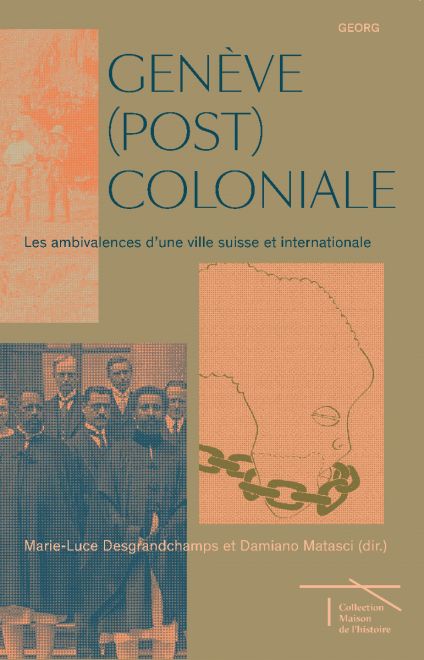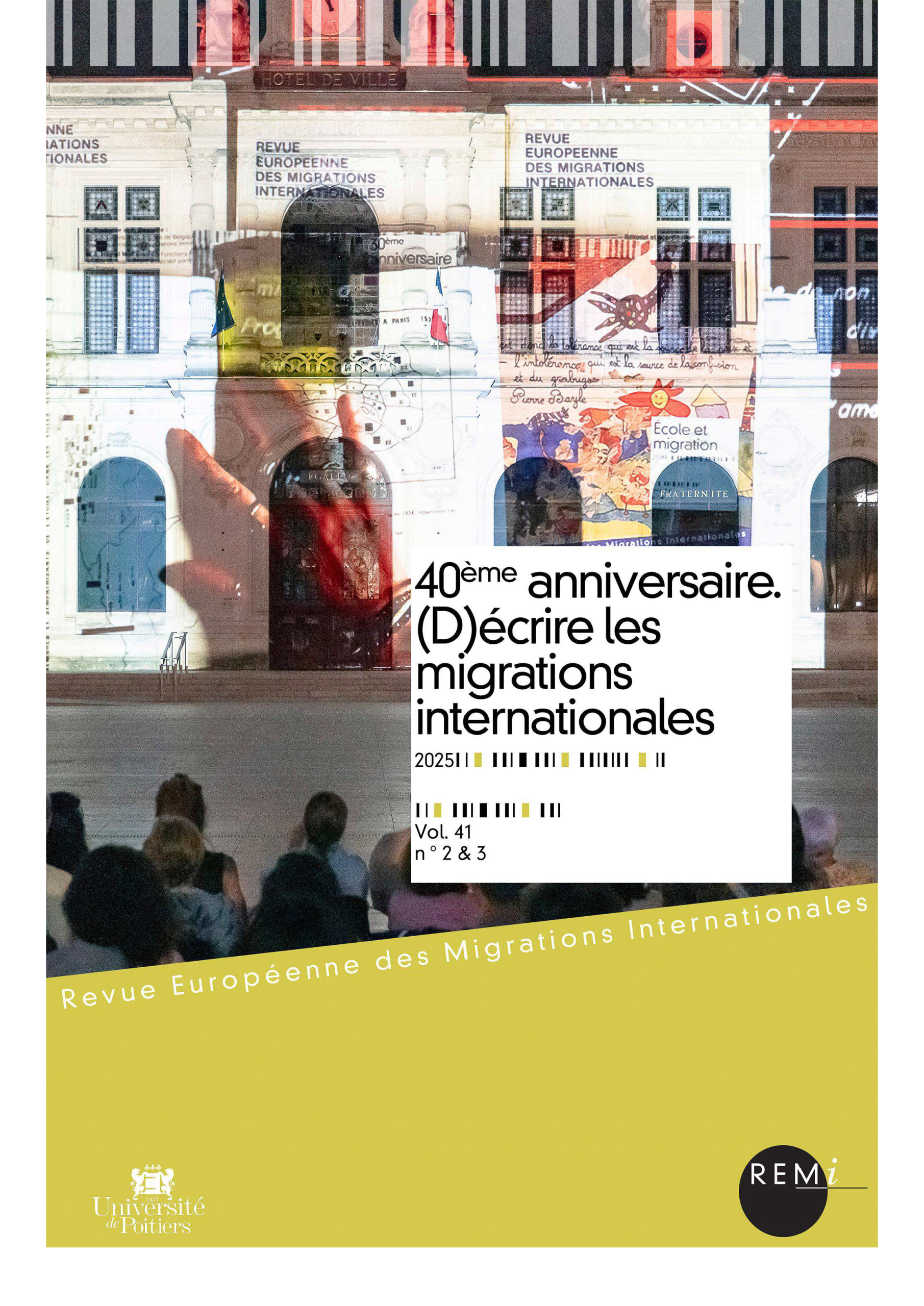Rémi CARCELES, "Les Turcs de l'étranger, un électorat acquis à Erdogan?", The Conversation, 2023.

The results of the parliamentary elections and the first round of the Turkish presidential election on 14 May 2023 were greeted with some surprise by the French media following the campaign, insofar as many of them had announced in the days leading up to the end of "the era or the "reign of Recep Tayyip Erdogan.
This astonishment can be explained both by the numerous surveys which showed the incumbent president defeated by the motley coalition of six parties that had joined forces to try to topple him after 20 years in power, but also by a tendency towards "wishful thinking" illustrating the hope of the French political and media landscape that the Turkish head of state would lose.
For example, among the Turks in France who were asked to give their analyses, only opponents of the outgoing government were included. invited to develop their views on national political sentimentto the detriment of President Erdogan's supporters. A bias that feeds the Turkish government's discourse on the "foreign plots" to bring down the governmentwhich also helps to make the Turkish vote in France invisible.
The latter, like the majority of Turks living abroad, have been overwhelmingly in favour of the ruling party since the opening of the ballot box in Turkish consulates on the occasion of the 2014 presidential election, which was the first to crown Recep Tayyip Erdogan. Until then, Turkish nationals could only vote at Turkish border crossings, which further limited the participation of expatriates.
Share on
Read also


